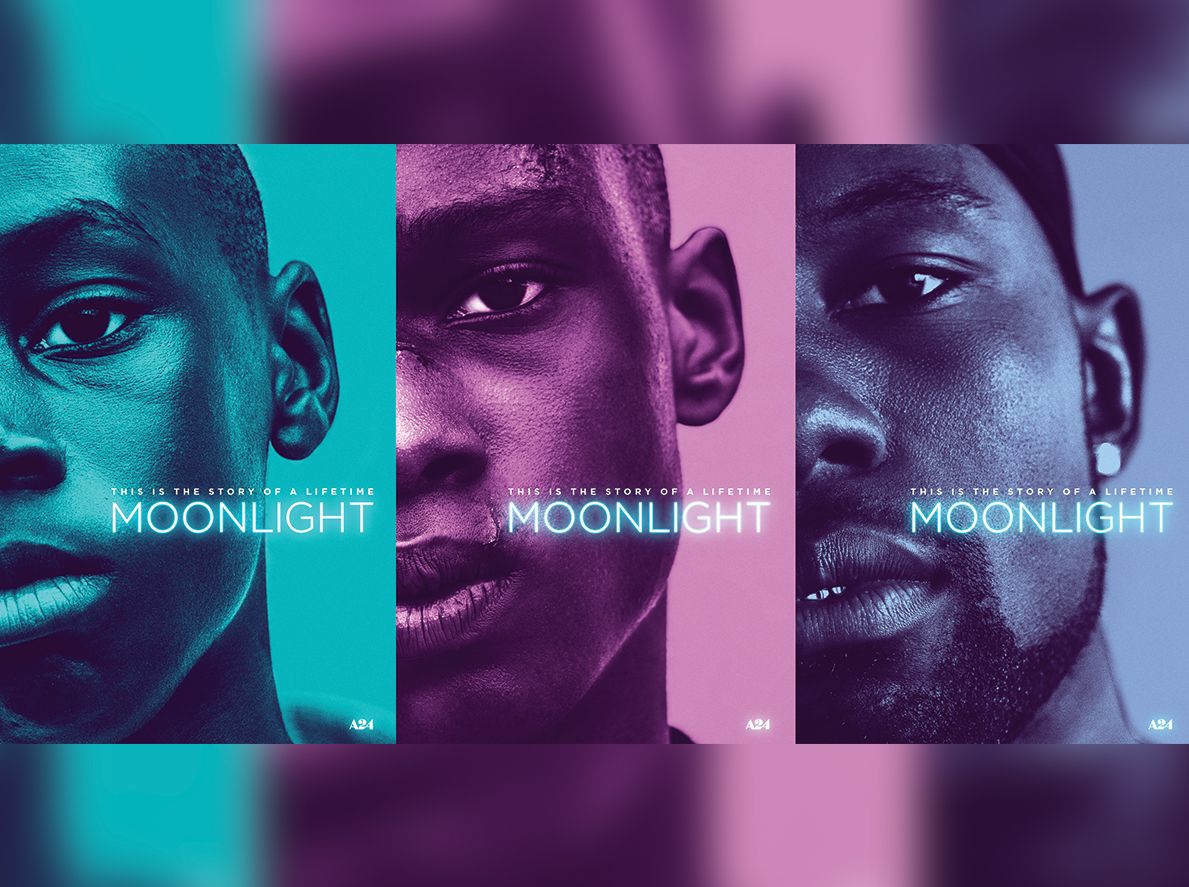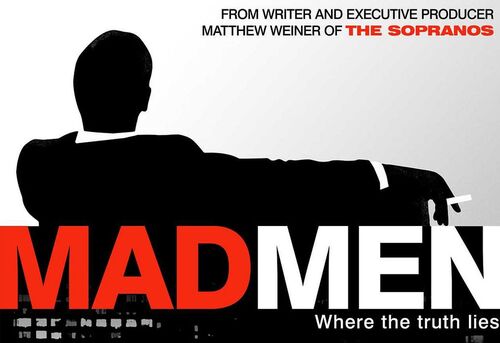
'Moonlight's' Best Picture Victory is a Vital Win for Progress
 I'm a straight, white, Australian male. That's an important distinction to make as I try and put into words just how important Moonlight's Best Picture victory at the 89th Academy Awards is.
I'm a straight, white, Australian male. That's an important distinction to make as I try and put into words just how important Moonlight's Best Picture victory at the 89th Academy Awards is.
It's strangely poetic that La La Land was mistakenly given the top award at the biggest awards night on the calendar. Here is a film that showers audiences in adoration for Old Hollywood, a throwback and love letter to the great musicals of yesteryear. I'm basing this on all that I've read and heard and what little I've actually seen of the film. It's one of the few nominees I haven't had a chance to check out this year. But whether or not Moonlight is superior to La La Land is not what's important here.
For starters, Moonlight is a great film. That's before any contemporary, cultural commentary should be mentioned. It unfolds like literature, told in three distinct parts. It charts three integral moments in a person's life. Chiron is played by three different actors, a choice that completely contrasts Boyhood - a similar film in that both attempt to paint a picture of a young life. Both, though, try very different approaches, most notably that Boyhood took many years to make, and trained its lens on one young actor as he grew up literally on screen.
Moonlight is a more complete experience, and the three unique parts of his life that are highlighted are beautifully crafted and artistically poignant. When I watched it, I knew nothing about it. I hadn't seen a trailer, nor read a synopsis.
That's a rare thing today.
By the time I understood what the film was truly about, I was captivated. And frankly, it's something groundbreaking. We've seen the struggles of black people on-screen in the past. Not to mention, last year's Oscars were riddled with negative commentary on the struggles of black people in film, and the lack of recognition they receive. Barry Jenkins has opted to tell a story about a gay black man, which is overwhelming in just how eye-opening it really is.
If nothing else comes from its Best Picture win, more people seeing it would be the greatest victory of all. For me, it sparked a thought process that lasted days, and provoked a number of conversations with my partner that felt progressive for me personally. Let me backtrack, because the struggles of members of the LGBT community are not my own, and it isn't about me. But if everybody starts to think harder about the deep, everyday conflict that these people face, then we can start to free those people, piece by piece, from that conflict.
It's important to distinguish that Moonlight is a great film, because only great films can make an impact. There have been films in the past that have shed light on issues like these, issues so vital to modern society and so vital to progressing and freeing those cast as the "other" by a dated mindset. Many of those films, though, simply haven't garnered enough praise and, by extension, attention. There are some, too, such as Brokeback Mountain, that may have come just ever so slightly before their time. The most recent and comparable example of a troubling film that told of real, prejudicial issues, and that won Best Picture, was 12 Years a Slave. Again, a cinematic experience that demanded attention. Last year, Spotlight brought a powerful and somber true story back into the forefront of the public eye. It's undeniable, the impact that film has on the mainstream consciousness, particularly when they receive the attention events like the Oscars can gift them.
There are people who do not look at the Oscars with a whole lot of faith or respect - and it's well within their rights to not take its selections as gospel - but a win such as this is undoubtedly going to have a positive impact on Moonlight's longevity. Hopefully, many are prompted to seek it out in light of it. And hopefully, it will force people to think.
Moonlight is a fable, but one so real that it has made an impact on the Academy board members and on those in Hollywood, and audiences so far have had little negative to say about it. Fingers crossed that this is the next, monumental, step toward at least getting those still lagging behind to start really considering the stranger standing next to them, or the two men holding hands on the other side of the room. Hopefully, sooner rather than later, more people can feel comfortable enough with who they are to share it in any way that's comfortable for them.


